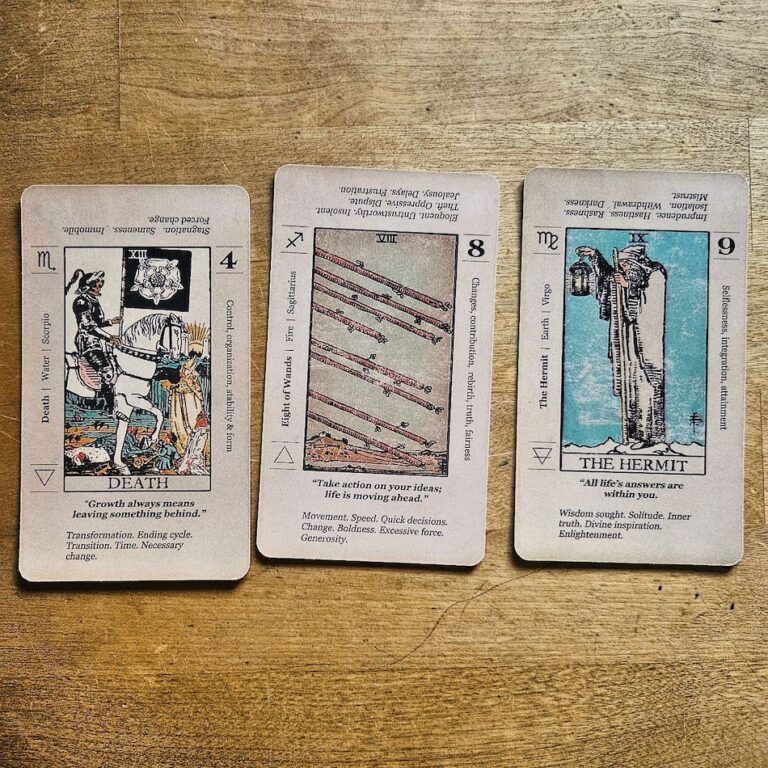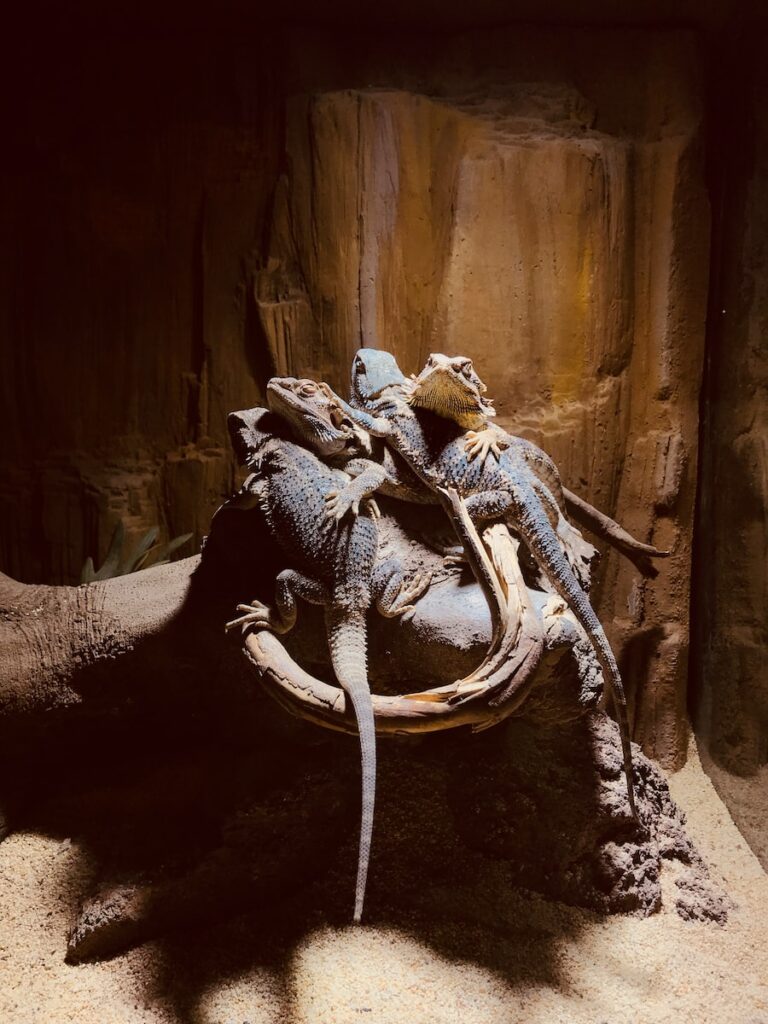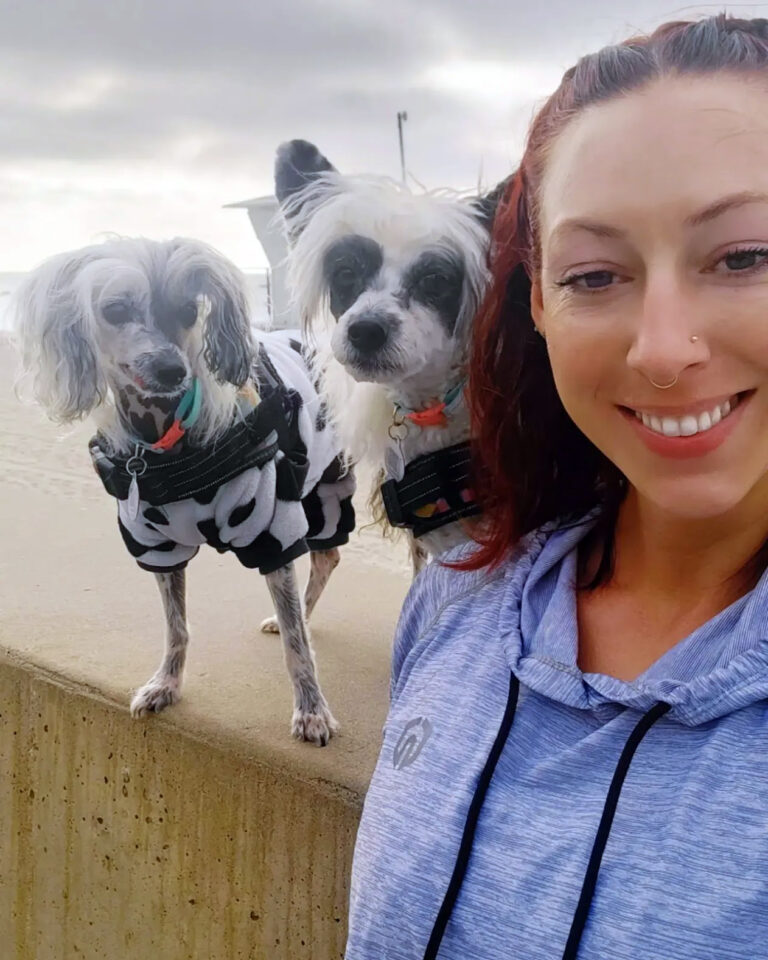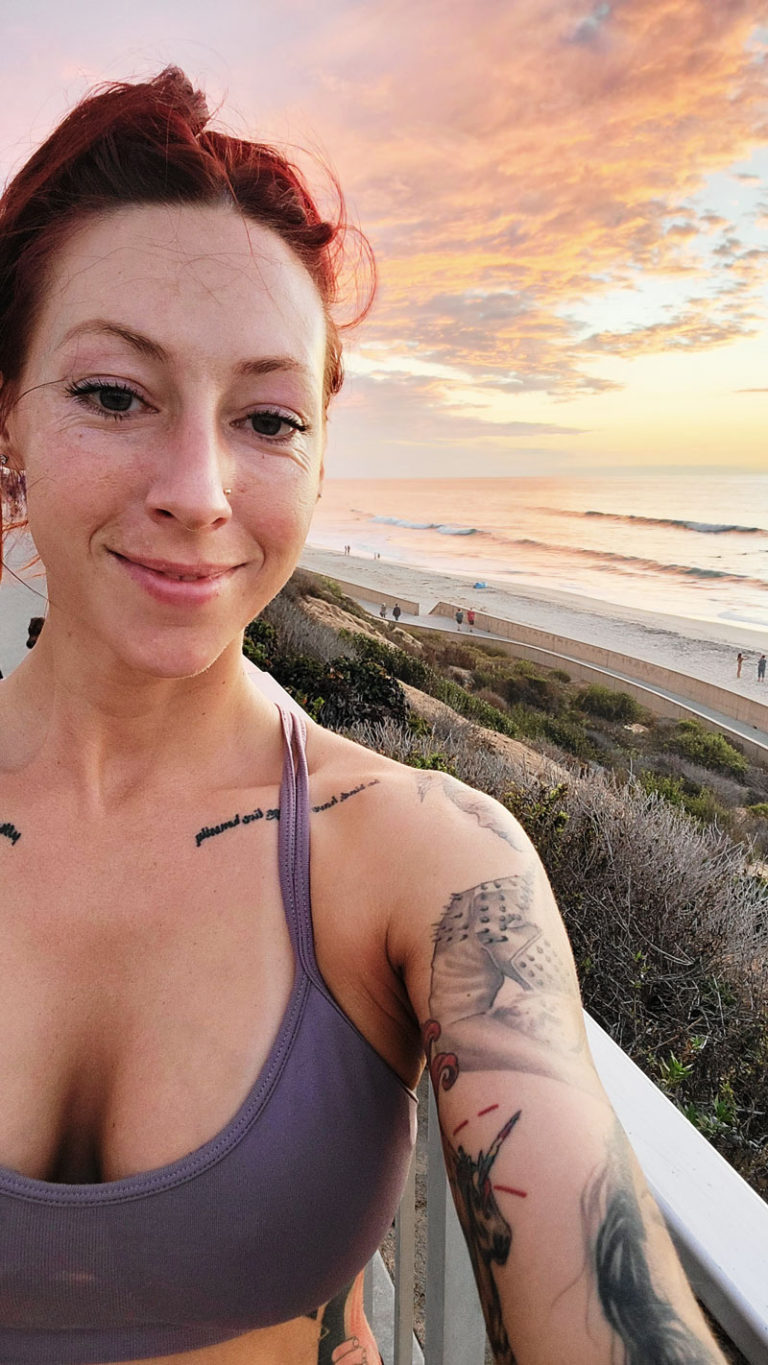Conventional wisdom says that emotions fall into the categories anger, sadness, disgust, joy, and fear, but this is not the only way or even the best way to think about feelings.
Emotions do not arise in isolation and without context. We feel things in relation to other things. We feel pleasure in relation to a nice meal or great conversation. We feel sadness in relation to hearing sad news. We also feel things in relation to feelings.
Emotions self-perpetuate: when we feel great, we feel great that we feel great; when we feel sad, we feel sad that we feel sad.
Jon Brooks, in 2 Simple Buddhist Techniques for Amplifying Positive Feelings and Softening Negative Moods, 2016
I genuinely believe the words we choose and stories we tell shape our reality.
Not just in the moment, but in the long-term.
And stories are self-perpetuating just like emotions. When we tell positive stories about our life, we create more positive stories and experiences; when we tell negative stories about our life, we create more negative stories and experiences.
Words Matter
When I was 14 years old, I owned a young Paint horse and was mostly on my own figuring out how to train him.
And he was just awful. He’d pull you all over the place, step on your toes and run his shoulder into you when being led. Shove you with his head, I’d have to spend hours trying to catch him from the pasture. I was horrified of how he’d be when it came time to saddle train him.
My mom came up with the idea to start calling him a “gentleman”. Up until that point we were calling him all kinds of things to reflect just how terrible he was behaving. We figured we had nothing to lose by calling him what we really wanted him to be instead.
Interestingly, within a few weeks he was behaving more like a gentleman indeed and within months was one of the most well behaved horses I’ve ever had the pleasure of working with in my life (which has been a lot of horses).
Almost a decade later, I was working at a horse farm in Washington state. Every morning I’d show up to do barn chores and say hi to one of the farm hands. I’d ask her how she was doing and she would jump right into telling me at least a dozen awful things that had already marred her morning.
Keep in mind, it was only 7am.
This went on for several months and I’d had enough of it. So instead of asking how her morning was I changed my routine to say good morning and then state something positive that nobody could deny. Like “Good morning, look at how blue the sky is today and the sun is out! So great to have a morning without rain!”
Her whole demeanor for the rest of the day was different and she eventually started saying positive things in greeting to me in the mornings too.
Have you ever been having one of those days and have someone randomly compliment you in an unexpected way — like saying you’re glowing or looking really strong, etc? Ever notice the change it elicits in you for the rest of the day? That you pick up your posture a bit, carrying your head higher, experience a smile sneak into your expression that is effortless?
The same effect can happen with the words you choose to use when thinking about and describing yourself – whether silently or out loud.
What words do you use to describe who you are to people in conversation? Are they positive or negative? How do you even describe the experience of your day, week, month, life?
Science of Happiness
I’ve had a pretty rough couple of years and was feeling really stuck in all of the negativity. Not just thoughts and words, but emotions I couldn’t seem to break out of.
If you’ve spent any time on my site I think that’s fairly obvious to detect in a lot of the poetry.
Coming up to the start of this year I was so fed up with feeling stuck in negativity. I needed to break free from it.
I happened to watch this TED Talk by Shawn Achor, which is geared towards becoming happier in work-life:
I thought why not just apply it to every aspect of my life?
Personal Mantras
I’m a big fan of personal mantras. So much so, I have a few of them tattooed on me:
- Be kind, have courage, live honestly
- Always Frolic
- Do Hard Things
- Find what you love and let it kill you
The mantra I’ve been repeating to myself every day since I first watched Shawn Achor’s talk has been This is the best year of my life.
And 2022 has been without a doubt the best year of my life; not just as a whole but each individual day has been the best day of my life.
When I was going through some of the most painful times I used the mantra, This is the hardest it will ever be. That helped me see some positive in the next coming day and the idea of just sticking it out, not giving up. If this moment right now is the hardest I’ll ever have to suffer through then I can survive tomorrow too.
There is something to be said about faking it until you make it. And often having positive mantras or just talking positively all the time can feel like bullshit to your inner critic.
But that positive talk is the only reason I’ve been able to accomplish the things I have in life. There were so many opportunities for me to just wallow in the negativity if I had chosen to say, see, hear, and feel only what was my current reality and not what I wanted my reality to become.
I wouldn’t have trained horses or traveled around the country. I wouldn’t have gone to college, twice. I wouldn’t have written a book or tried acting in short horror films. I most certainly would not be living in this kick-ass ambulance with my dogs and calling SoCal my home.
Entrainment
I’m not just a little happy. I’m enthusiastic.
I laugh louder than I should. I smile bigger than I need to. I let my eyes light up and get big like saucers (or I imagine they do!).
When I’m at the gym I tell myself “this is easy” with every rep; especially the impossible ones.
I do this because I want to pull others into my positive orbit.
Entrainment is a universal phenomenon that can be observed in physical (e.g., pendulum clocks) and biological systems (e.g., fire flies) when one system’s motion or signal frequency entrains the frequency of another system.
Michael H. Thaut, in Progress in Brain Research, 2015
This is some nerdy shit I learned back in 2006 and was using when training horses to make my communication with them more nuanced and less physically laborious. And it was highly effective.
There are many different types of entrainment, the above example relates to movement. Another definition:
Three types of entrainment are identified. Tempo entrainment involves two behaviors having the same page, such as a top management team working at the speed demanded by the rate of change in its environment. Synchronic entrainment involves two behaviors or processes having similar pace and cycle. […] Finally, harmonic entrainment involves the extent of gestalt-like harmonization or meshing of the two behaviors as perceived by outsiders. For example a mentor-mentee relationship involving two people at different points in their career engaged in meshed behaviors.
Deborah Ancona & Chee Leong Chong, in Entrainment: Cycles and Synergy in Organizational Behavior, 1992
The more individuals engaged in my system of positivity, the easier it is going to be for me to maintain and strengthen it over time. I won’t be battling against negative influences trying to pull me into their orbit.
And this is how I start my mornings: taking my dogs for a walk along the coast and I say “good morning!” with a giant smile to literally every person I pass.
People I don’t know, people with headphones in, people who look grumpy or sad. People with or without dogs, but I also say hi specifically to the dogs too! I say hi to the people I see every day but never return the greeting.
And it’s really tough to have a bad day after you’ve said good morning to almost a hundred people.
Maybe most exciting about it is when I get that first hello back from someone I’ve crossed paths with dozens of times and ignored me up until then. That, or when someone goes out of their way to say hi to me before I can greet them, excited to see me.
Habits & Techniques
Drown yourself in positivity. There is no such thing as too much of it.
Use it in your words, your actions, your body language and expressions. Even Especially when you feel the opposite.
When I can’t do something I want to, I use the word “yet” in my language. I can’t do this, yet. I don’t know, yet. Keep the door open to possibility.
Create a personal mantra that fits the situation and moment in your life. Be open to changing it when you need to. Write it down, repeat it a hundred times every day if you need to. Silently and out loud.
Shape the conversation with other people to present positivity instead of inviting negativity.
Remove passive negativity like cable news programs. Be intentional about the programming you allow into your life – if you don’t program it, it will program you.
Fake it until you make it. ❤️







Thanks Skipper! Great read
I really needed this, thank you. Great Ted Talk.